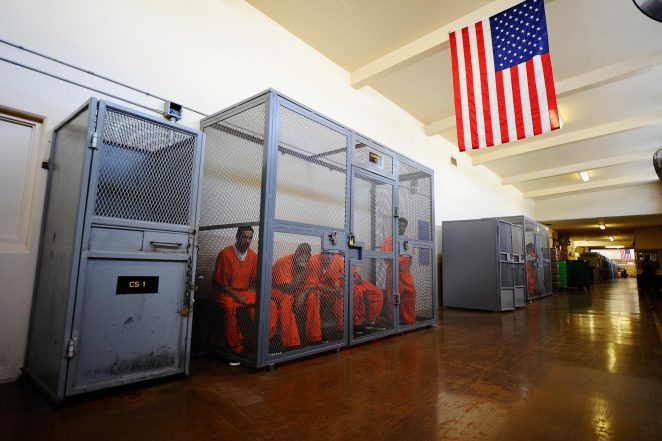As defined by Vermont state law, a second-degree burglary occurs when a building or dwelling is broken into with the primary intention of committing a crime against a person or property contained within the building. In Vermont, this is considered a felony and is punishable by up to 15 years in prison, a fine of up to $1000, or in some cases both.
If the accused was carrying a dangerous or deadly weapon, this could result in a harsher sentence of up to 30 years in prison or a fine of up to $10,000.
Most burglaries are committed by people who are familiar with their targets and know when the homeowner or property manager will be away. This form of burglary is typically classified as a first-degree burglary. If violence is involved, the sentencing, in this case, can become far more severe. The main difference between first and second-degree burglary is that second-degree burglary can occur in areas of the property that are detached from the main dwelling, such as in a shed or auxiliary building. If the items stolen amount to more than $1000, it constitutes grand theft, which has a significant impact on the sentence length.
If you want to improve your chances of receiving a more lenient sentence, you need the right legal representation. The criminal law team at Jackson White has decades of experience helping hundreds of clients in their fight for a fair sentence. With the potential to receive such a high sentence, you want to ensure you do everything possible to decrease the amount of time you spend in prison, or even reduce your sentence to a monetary fine.
You should seek legal counsel at the soonest possible moment. This ensures that you not only understand your rights fully but also protects you from having your rights violated.
To understand how a burglary is precisely defined in Vermont, consider the following aspects of the crime.
In order to prove that a crime has been committed, the prosecutor must demonstrate that the alleged burglar entered a building or premises either illegally or without permission. Thus, the property must be private or otherwise inaccessible to the public at the time of the burglary. However, if the property was public and accessible, you will still be entering illegally if you go in with the intention of committing a crime.

When it comes to second-degree burglary, the intent is especially important, as is the burden of proof. Usually, burglary implies the intention to steal something from the property. However, even if you illegally enter a building and do not steal anything, it will typically still be considered a burglary, but if you enter without the intent to steal, but do take something, it is considered theft rather than burglary. This gray area is why intention plays such a significant role in court.
There is also the question of restitution. If second-degree burglary is committed, the accused may receive a restitution sentence. Restitution is paid to the victim(s) of the crime so they are compensated for any property damage or loss that occurred. It is not a replacement for the felony fines that the court may also choose to enforce.
Additionally, some individuals convicted of burglary will face a probation sentence, which may be separate from a prison sentence or a supplementary sentence. This type of sentence will keep you out of a prison cell on the condition that you follow the court’s conditions and adhere to any rules set by a probation board or officer. You may have to undergo drug testing, location monitoring, or home and property searches.
When determining your sentence, a judge will consider any aggravating or mitigating factors. Aggravating factors are aspects of the crime which makes it worse, such as a victim with vulnerabilities or the possession of a weapon at the time of the crime. Conversely, mitigating factors often lead to a lighter sentence. Some mitigating factors for second degree burglary could be having a previously clean criminal record or being manipulated by someone else who planned the burglary. If you are willing to take responsibility or express genuine remorse for the burglary, the judge could also pass down a more lenient sentence.
It is important for your legal team to become familiar with both the aggravating and mitigating factors. With this information, they will be better prepared to defend you and make a case for a more lenient sentence. They may even be able to drop your charges to third or fourth-degree burglary, which are much less severe.

You should not underestimate the serious nature of a burglary charge. It is very important to seek strong legal representation from a team that has experience in this area of criminal law. Your lawyer should have the necessary skillset to thoroughly understand your case and weigh the strength of any evidence against you. It is also a good idea to seek help from a local lawyer who knows Vermont law through and through and is, therefore, able to offer you counsel tailored to your case.
Yes, second-degree burglary is considered a serious felony in Vermont. However, with the right legal team representing you, you could significantly reduce a prison sentence or fine. That’s why it’s so vital to immediately seek legal assistance and support so that your rights are upheld and a strong defense can be built.
Liz S. Coyle is the Director of Client Services for JacksonWhite Attorneys at Law. She also serves as a paralegal for the Family Law Department. She is responsible for internal and external communications for the firm.
 Vermont Republic Second Vermont Republic
Vermont Republic Second Vermont Republic




